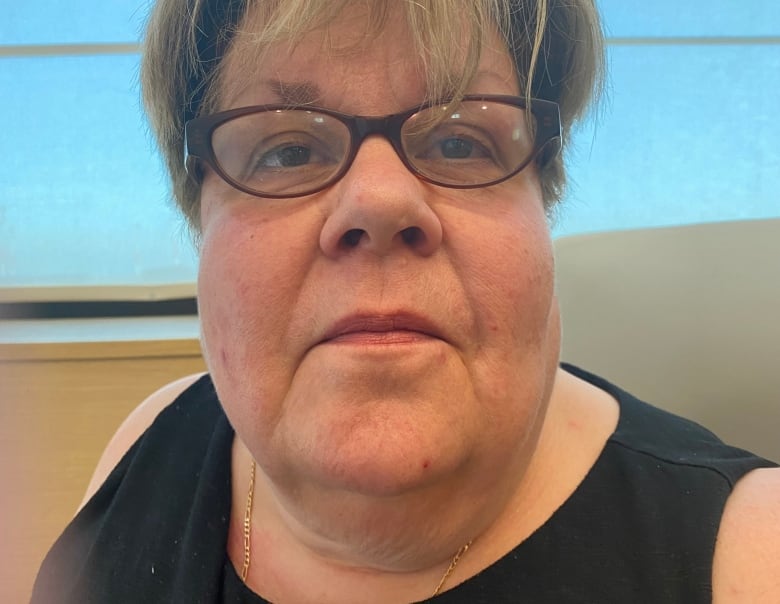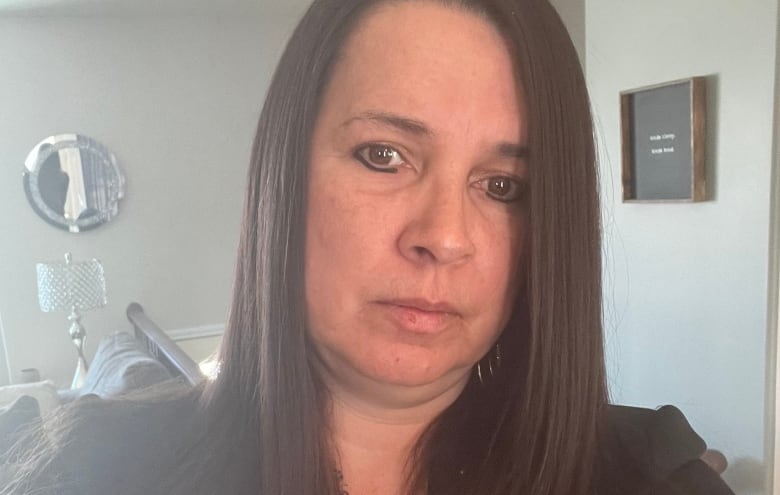
First Nations leaders and health professionals in Saskatchewan are sounding the alarm over skyrocketing cases of sexually transmitted infections in some communities.
They’re trying to stop the spread, but they say the issue is about much more than just health care.
“It breaks my heart to see this each and every day. I pray for them,” Moosomin First Nation Chief Cheryl Kahpeaysewat said.
Health workers with the Battlefords Agency Tribal Council recently compiled data on immunizations and infections in their communities. They say one statistic shocked them.
The number of cases of syphilis in their communities has more than tripled in the past few years. There were 17 cases in 2019, but there had already been 56 this year up to the end of August.
These cases come from just six First Nations communities in the Battlefords region of west-central Saskatchewan. They don’t include the thousands of members living off-reserve in North Battleford, Saskatoon or other communities.

Dr. Alexandra King, the University of Saskatchewan’s Cameco chair in Indigenous health and wellness, said the situation is urgent. It’s heartbreaking to see mothers losing children to congenital syphilis or people too lost in their addictions to get tested, she said.
“These are incredibly difficult situations for people to be dealing with, and yet much of this could have been prevented,” said King.
Poverty, addictions and a lack of education can lead to unsafe behaviour, King said, and inadequate services can make the situation even worse.
But the root of the problem is the unresolved trauma many communities still face from colonization, residential schools, the Sixties Scoop and other injustices.
“It is an urgent situation that needs immediate responses. But also part of this is that you really are having to think about this as a determinants of health issue,” King said.
“Colonization is wrapped into this. And so you need both immediate solutions to urgent issues, but you also need them to start implementing longer-term solutions.”

Moosomin Chief Kahpeaysewat agreed. As one of the member First Nations in the Battlefords Agency Tribal Council study, she said she’s not surprised.
Many people are hurting and are turning to methamphetamine and other highly addictive, cheap drugs. That leads to unsafe behaviour.
“People say, ‘Just get over it,’ but that trauma is still there, it is ongoing,” Kahpeaysewat said.
“We are not here to judge. Having an addiction is hard. All this trauma is hard.”
The tribal council has created a detailed plan for prevention and education involving teachers, health workers and elders. It’s also hoping to erase the stigma and shame associated with sexually transmitted infections, so that more people will get tested regularly.
The council also hopes the federal and provincial government will help with more support for addictions, mental health, housing and other long-term solutions.
“The situation we’re in requires immediate action and it requires a multifaceted approach,” said Tania Lafontaine, CEO of Battlefords Agency Tribal Council health services.
“This is an opportunity for us to come together collectively.”